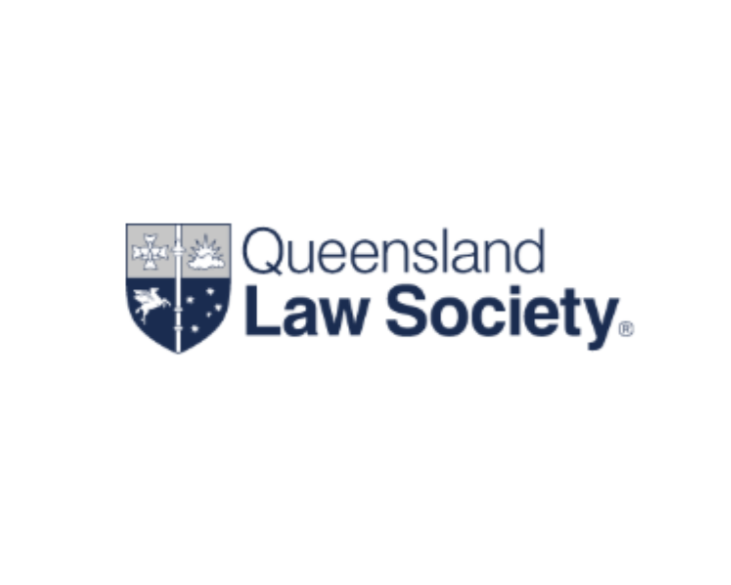
Partners in your success
We offer expert, personalised legal services across Brisbane, the Redlands, and the Sunshine Coast with a client-focused approach. That’s the MDL difference.
At McCarthy Durie Lawyers, we’ve been providing expert legal services to individuals and businesses across Brisbane for more than four decades. Unlike many firms, the lawyer you meet is the one who will personally manage your case from start to finish, ensuring you receive dedicated, cost-effective, and efficient representation every step of the way.
Trusted Legal Solutions for Over 45 Years
Frequently Asked Questions
-
Our law firm is located in the Brisbane CBD (Level 7, 239 George Street), along with another in the Redlands (Cleveland), and also on the Sunshine Coast.
-
MDL is a full service Brisbane law firm. The areas of law we can assist you with include Commercial Law, Litigation, Family Law, Conveyancing, Property Law, Building and Construction Law, Employment Law and Personal Services.
As we maintain strong connections with other professional service providers and law firms in Brisbane, if your legal matter is of a specialist nature which we can’t assist you with, we can help you connect with an industry-specific professional who can.
-
It depends on the type and complexity of your matter. For example, standard conveyancing usually takes 30–60 days, wills are generally finalised within 1–2 weeks of signing paperwork, while family law and litigation matters vary depending on the circumstances.
-
You can either call us directly or submit an online enquiry form. Our team will then be in touch to discuss your matter.
-
We offer fixed fees for some services. For more complex or tailored matters, we work on an hourly rate or hybrid. Contact us on (07) 3370 5100 or complete our enquiry form to find out more.
-
We provide a short complimentary phone call to assess how we can assist. If we can help, we’ll arrange a meeting (in-person or online) where standard fees apply.
-
Absolutely. We have a strict duty to maintain confidentiality under the Legal Profession Act 2007 and the Australian Solicitors’ Conduct Rules. This applies to all information you share with us.
-
No. We can meet with you by phone, video conference, or in person — whichever is most convenient.
-
You can use our free Legal Quote Checker to compare your existing quote against industry standards. We can also provide you with a competitive quote from our experienced team if you wish. [View more here].
-
Yes. If your matter requires court representation, our lawyers can attend on your behalf.
-
This will depend on your matter, but generally you should bring:
Photo ID (driver’s licence or passport)
Background notes or a timeline of events
Relevant documents, such as contracts, financial records, correspondence, or other supporting evidence
-
Yes, our litigation lawyers are highly experienced in negotiating with all Council and Government bodies and can offer practical and effective solutions to quickly and cost-effectively resolve your matter. This includes responding to unsatisfactory development conditions and refusals, assisting with Council Enforcement and Show Cause Notices and prosecutions, and advising submitters and Resident Groups.

Ask Us Anything. Anytime.
Need expert legal help? Contact the Brisbane firm that puts your best interests first. Call us or use the form to reach a team member. For urgent matters, call 07 3370 5100.
Your privacy: McCarthy Durie Lawyers collects your personal information so we can provide and market services to you. Your information may be shared with other members MDRN Pty Ltd. You have a right to access certain personal information that we collect and hold about you. You may contact us at info@mdl.com.au. Further information is available on this page.

Disclosures
Liability limited by a scheme approved under Professional Standards Legislation








